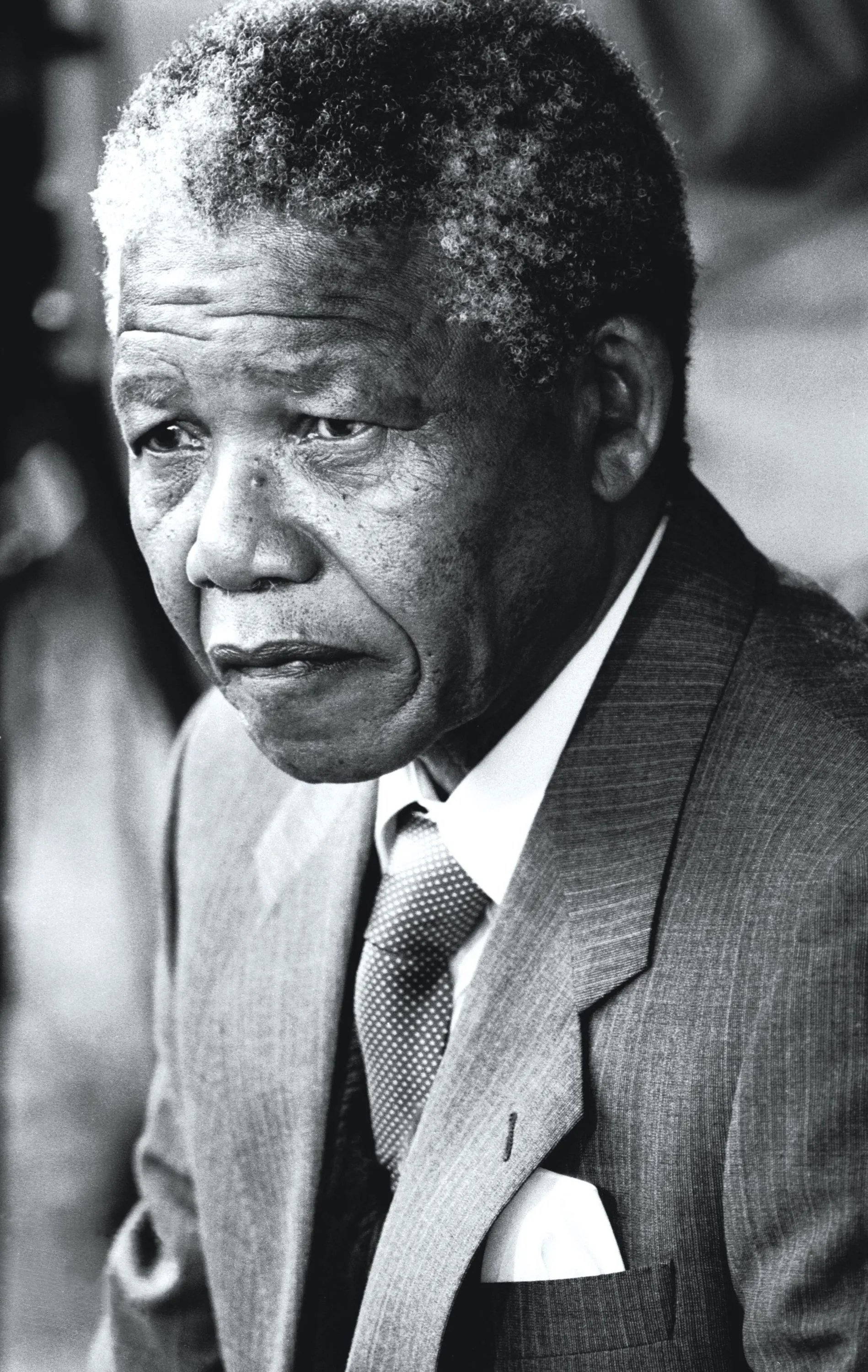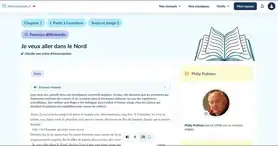Ressource affichée de l'autre côté.
Faites défiler pour voir la suite.
Faites défiler pour voir la suite.
Apartheid comes from Afrikaans, the language spoken in South Africa and Namibia. The Afrikaans word is derived from Dutch. It means “separateness” or “apartness”. Find out how inhabitants fought for their rights!
Ressource affichée de l'autre côté.
Faites défiler pour voir la suite.
Faites défiler pour voir la suite.
1May I sit next to you?
Ressource affichée de l'autre côté.
Faites défiler pour voir la suite.
Faites défiler pour voir la suite.
Activities
Apartheid
www.historyforkids.net.


Ernest Cole, The Racial Minefield He Called Home, The Ernest Cole Family Trust / Hasselblad Foundation, mid '60s.
1. Describe the picture.
Ressource affichée de l'autre côté.
Faites défiler pour voir la suite.
Faites défiler pour voir la suite.
Ressource affichée de l'autre côté.
Faites défiler pour voir la suite.
Faites défiler pour voir la suite.
2What was life like during apartheid?
Ressource affichée de l'autre côté.
Faites défiler pour voir la suite.
Faites défiler pour voir la suite.
Activities


Apartheid notice on a beach near Capetown, 1976.
What was life like during apartheid?
1. Look at the photo. Why are there 2 languages on this sign?
2. Listen to the document once and pick out words you understand.
3. Listen again and focus on the dates.
4. Explain what apartheid was. Use the passive voice.
5. Create an interactive apartheid .
Ressource affichée de l'autre côté.
Faites défiler pour voir la suite.
Faites défiler pour voir la suite.
Ressource affichée de l'autre côté.
Faites défiler pour voir la suite.
Faites défiler pour voir la suite.
3“I'm ready to die”
Ressource affichée de l'autre côté.
Faites défiler pour voir la suite.
Faites défiler pour voir la suite.
Activities


Nelson Mandela
Nelson Mandela's trial
The trial which started in October 1963 is often referred to as “the trial that changed South Africa”. Ten leading opponents of apartheid were then brought to court on sabotage charges. They faced the death penalty. In what was arguably the most profound moment in the trial, Nelson Mandela made a speech in the dock in which he condemned the court as 'illegitimate'.The trial ended on 12 June 1964, with the court sentencing eight of the defendants to life imprisonment. All were found guilty and were incarcerated on Robben Island Prison, with the exception of Goldberg, who was sent to Pretoria Central Prison where he served 22 years.
At the time, Pretoria Central was the only high security wing for white political prisoners in South Africa.
Adapted from South African History Online, “Rivonia Trial 1963-1964”.
Ressource affichée de l'autre côté.
Faites défiler pour voir la suite.
Faites défiler pour voir la suite.
Suffixes
Listen
Liberation! A democratic society full of opportunities! Shout: Security, anxiety... Relaxation!
Ressource affichée de l'autre côté.
Faites défiler pour voir la suite.
Faites défiler pour voir la suite.
Passive voice
Observe: Living in white areas is not forbidden nowadays. Many people have been killed in Sharpville. Nelson Mandela was elected President.
Think: Is the subject doing the action?
Practise: Write 3 other sentences about apartheid using the passive voice.
Ressource affichée de l'autre côté.
Faites défiler pour voir la suite.
Faites défiler pour voir la suite.
Your history teacher has organised a video conference with a South African person who lived during apartheid. In pairs, roleplay the conversation, using .
Ressource affichée de l'autre côté.
Faites défiler pour voir la suite.
Faites défiler pour voir la suite.
How far can you go?
A2
I can ask and answer basic questions about a person's past life.A2+
I can list past bans, obligations and permissions.B1
I can use complex sentences with relative pronouns and the passive voice.
Une erreur sur la page ? Une idée à proposer ?
Nos manuels sont collaboratifs, n'hésitez pas à nous en faire part.
j'ai une idée !
Oups, une coquille

